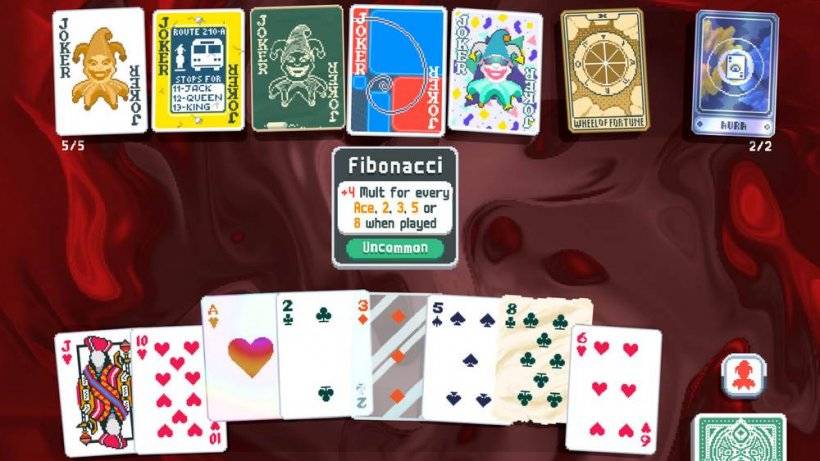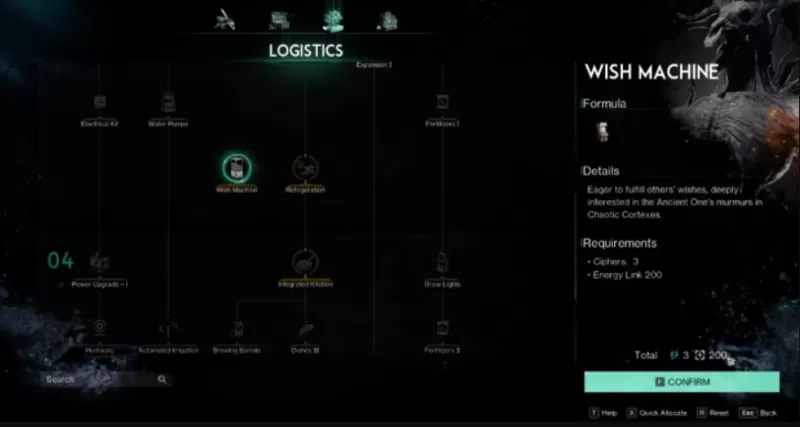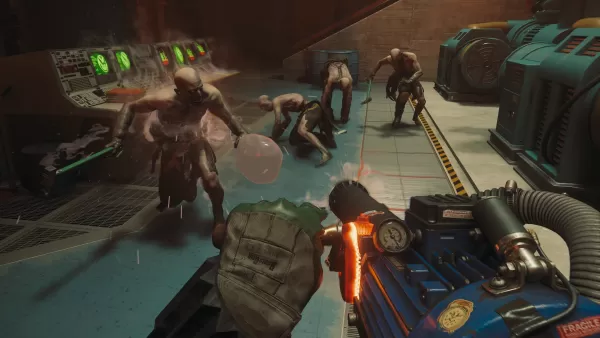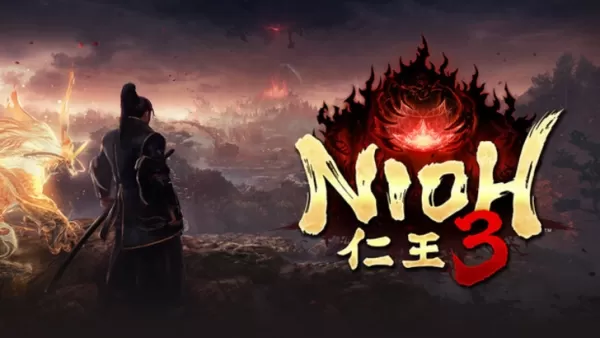It's year-end, and my Game of the Year is Balatro – a surprising choice, perhaps, but one I'll explain. Balatro, a blend of solitaire, poker, and roguelike deckbuilding, has garnered numerous awards, including Indie and Mobile Game of the Year at The Game Awards, and Best Mobile Port and Best Digital Board Game at the Pocket Gamer Awards.
However, its success has also sparked confusion and even anger. Some question its award wins, citing its simple visuals compared to flashier games. This very contrast, I argue, is why it's my GOTY.
Before delving into Balatro, here are a few honorable mentions:
- Vampire Survivors' Castlevania expansion: A highly anticipated and well-received addition.
- Squid Game: Unleashed's free-to-play model: A potentially groundbreaking move by Netflix Games.
- Watch Dogs: Truth's audio adventure release: An interesting, albeit unconventional, release strategy from Ubisoft.
My experience with Balatro has been mixed. While engaging, I haven't mastered its intricacies. The focus on optimizing deck statistics proves frustrating for me. Yet, it's been exceptionally worthwhile. For a modest price, it offers an easily accessible and enjoyable experience. It's not the perfect time-waster (that title belongs to Vampire Survivors for me), but it's a strong contender.
Balatro's visual appeal and gameplay are well-executed. Its calming soundtrack and satisfying sound effects create an addictive loop. Its success, however, has baffled some.

The backlash against Balatro's success is reminiscent of the reaction to Astrobot's GOTY win at another awards show. Balatro's unashamedly "gamey" design, while colorful and engaging, lacks the flashy graphics or retro aesthetic of many other contenders. It's not a tech demo, having originated as a passion project.
To some, its success is puzzling because it's not a flashy gacha game, nor does it push technological boundaries. They see it simply as "a card game." However, its well-executed design and fresh take on the deckbuilding genre are what truly matter. Game quality shouldn't be solely judged on visual fidelity.

Balatro's success demonstrates that multi-platform releases don't need to be massive, cross-platform, multiplayer gacha experiences. A simple, well-designed game with unique style can resonate with mobile, console, and PC players. While not a massive financial success, its low development costs likely resulted in significant profit for LocalThunk.
Balatro's accessibility is another key factor. It caters to both optimization-focused players and those seeking a more relaxed gaming experience.
Ultimately, Balatro's success underscores a crucial point: A game doesn't need cutting-edge graphics or complex mechanics to thrive. Sometimes, simplicity and well-executed design are all that's needed.









